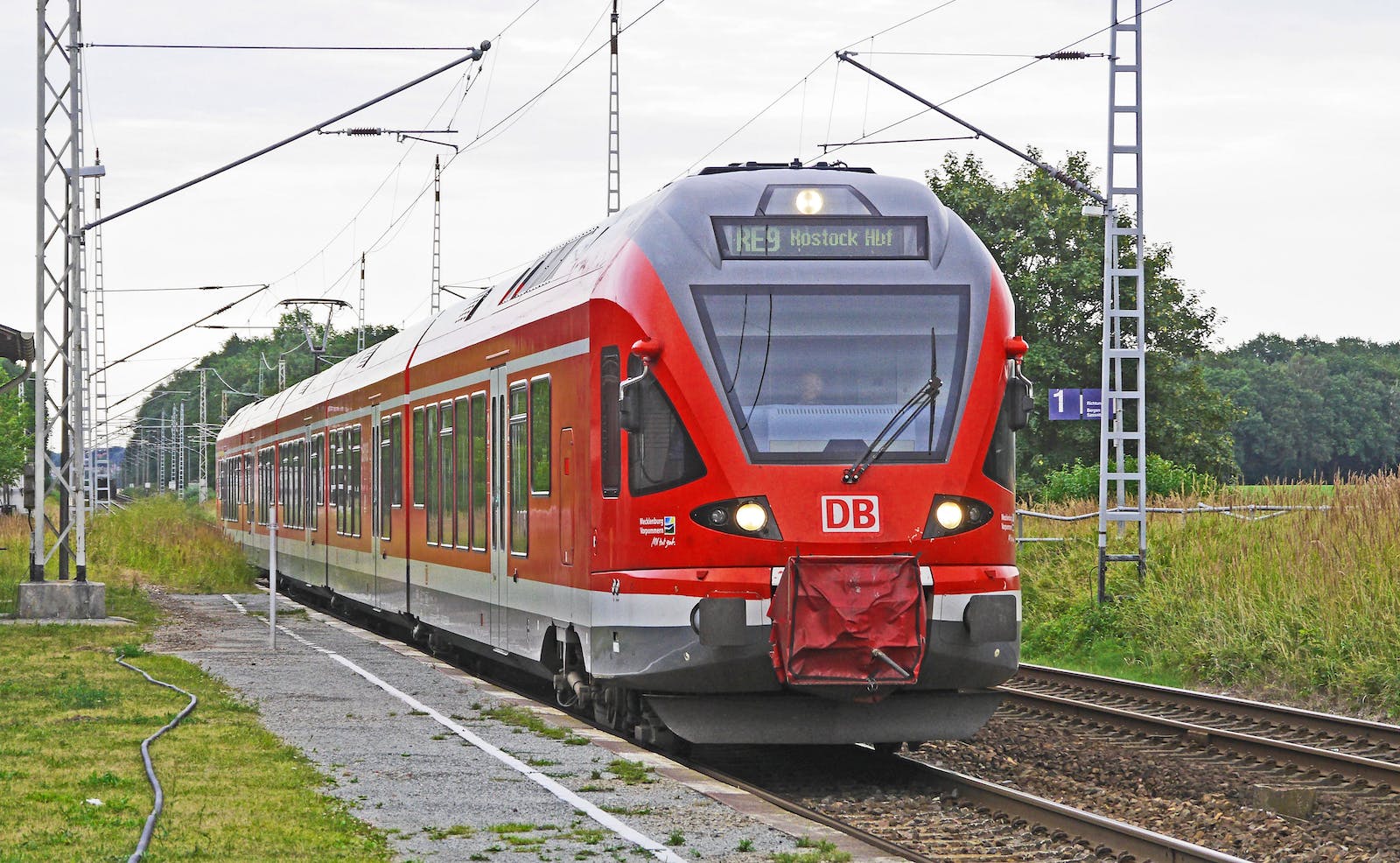The Pros and Cons of Travelling by Train
Is travelling by train the best option for you?
Travelling by train has its own charm and benefits, but like any mode of transportation, it also has its drawbacks. Whether it's the scenic routes, environmental friendliness, or comfort, there are several factors to consider before choosing train travel. In this article, we'll explore the advantages and disadvantages of travelling by train to help you decide if it's the best option for your next journey.
From convenience and cost to potential delays and limited flexibility, there are many aspects to think about when it comes to train travel. Understanding the pros and cons will guide you in making an informed decision that suits your travel preferences and needs.
Pros
Travelling by train offers various advantages that can make your journey enjoyable and stress-free. Let's take a look at some of the top benefits of choosing train travel for your next trip.
Eco-Friendly Option
Trains are considered a greener mode of transportation as they produce fewer emissions compared to cars and airplanes. For environmentally conscious travelers, taking the train can contribute to reducing their carbon footprint.
Comfort and Relaxation
Trains provide more spacious and comfortable seating options, allowing passengers to move freely, stretch their legs, and enjoy onboard amenities. The smooth and gentle motion of the train can also create a relaxing atmosphere during the journey.
City-Center Access
Many train stations are conveniently located in city centers, providing easy access to urban areas without the hassle of navigating through airports or dealing with long taxi rides. This can save time and enhance the overall travel experience.
Efficient Use of Time
Travelling by train allows passengers to make efficient use of their time. Unlike driving, passengers can use their travel time to catch up on work, read a book, or simply relax without the stress of navigating through traffic. This can be particularly beneficial for business travelers or those looking to make the most out of their journey.
Reduced Stress and Fatigue
One of the advantages of train travel is the reduced stress and fatigue compared to other modes of transportation. Instead of dealing with the hassle of driving or the security procedures of air travel, passengers can enjoy a more relaxed and comfortable journey on a train. This can contribute to a more pleasant overall travel experience.
Convenient Amenities
Travelling by train often provides convenient amenities such as dining cars, restrooms, and spacious seating. This allows passengers to have access to essential facilities and services during their journey, enhancing overall comfort and convenience.
Reduced Stress of Driving
One of the advantages of train travel is the reduced stress of driving. Passengers can relax, read, work, or enjoy the scenery without the responsibility of navigating traffic or road conditions. This makes train travel a more relaxing and stress-free experience compared to driving.
Scenic Routes and Views
One of the most appealing aspects of train travel is the opportunity to see breathtaking landscapes and scenic routes. Unlike any other mode of transportation, trains offer passengers panoramic views of countryside, mountains, and coastlines.
Missing a pro?
Let us know which pro you are missing!
Cons
Despite the appealing aspects, train travel has its limitations and disadvantages that may not be suitable for every traveler. It's essential to consider the drawbacks before opting for train transportation.
Limited Flexibility
Unlike traveling by car, train routes are predefined, and passengers have limited flexibility in making spontaneous stops or changing their travel itinerary. This lack of autonomy may not align with the preferences of travelers who prefer more control over their journeys.
Limited Connectivity
In some regions, train networks may have limited connectivity, making it challenging to reach certain destinations solely by train. This can necessitate combining train travel with other transportation modes, adding complexity to the overall travel plans.
Limited Schedule Options
One of the disadvantages of train travel is the limited schedule options, especially in certain regions or for specific routes. Unlike driving or flying, where individuals have more flexibility in choosing departure times, train schedules may not always align with travelers' preferences, potentially leading to inconvenience and the need for advanced planning.
Lack of Privacy
Travelling by train may entail a lack of privacy, especially on crowded routes or in shared compartments. Unlike private vehicles or certain forms of air travel, train compartments often involve shared spaces and a lack of personal privacy, which may not be suitable for all passengers, particularly those seeking solitude or privacy during their journey.
Limited Scheduling Options
Travelling by train may present limited scheduling options, especially for some routes or destinations. This can be a disadvantage for individuals with specific time constraints or those requiring flexible departure and arrival times.
Potential for Overcrowding
One of the disadvantages of train travel is the potential for overcrowding, particularly during peak travel times or on popular routes. Overcrowded trains can lead to discomfort and lack of personal space for passengers.
Potential Delays and Interruptions
Train schedules are susceptible to delays and interruptions, which can inconvenience passengers and disrupt their travel plans. Weather conditions, maintenance issues, and unexpected incidents can all impact the punctuality of train services.
Cost Considerations
While train travel can be cost-effective for certain routes, tickets for long-distance or high-speed trains may be relatively expensive. Additionally, the availability of budget-friendly fares can vary, and booking last-minute tickets may result in higher prices.
Missing a con?
Let us know which con you are missing!
Conclusion
Travelling by train offers a unique and captivating experience, but it's important to weigh the advantages and disadvantages before finalizing your travel arrangements. Whether you prioritize scenic journeys, environmental stewardship, or convenience, understanding the pros and cons of train travel will enable you to make an informed decision that aligns with your preferences and practical considerations.
What do you think?
Do you think the pros outweigh the cons?







